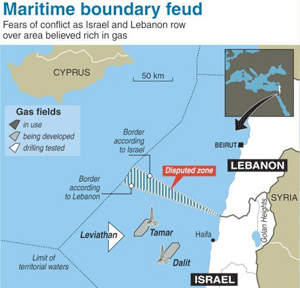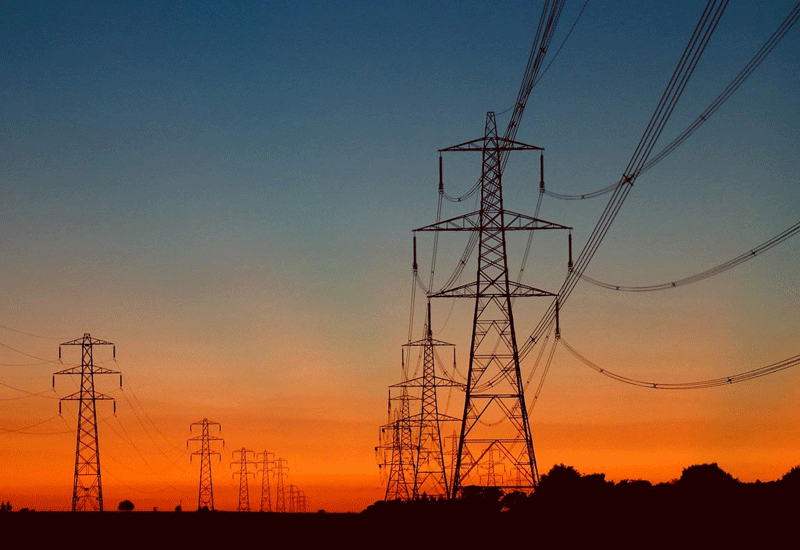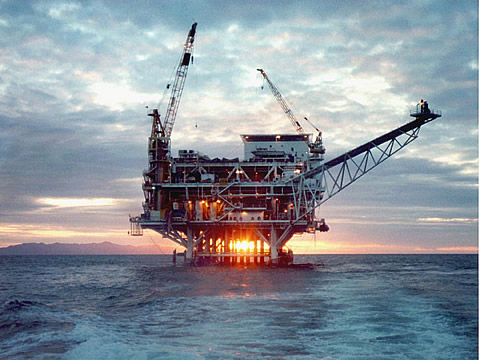An Arabic version of this article appeared in the print edition of Annahar Newspaper on December 12, 2011.
Territorial disputes will prevent Lebanon from developing part of its oil and gas resources. While Lebanon is yet to demarcate its maritime borders with Cyprus and Syria, the main area of tension today is with Israel over the discovery of potential offshore petroleum resources. What are the options for Lebanon to resolve its maritime border dispute with Israel? The examination of similar cases sheds light on resolution strategies available to Lebanon.
Maritime boundary disputes are extremely common and are not unique to Lebanon and its neighbors. In each of the world’s major seas such disputes can be found. A prime example is the South China Sea where seven states – China, Indonesia, Malaysia, the Philippines, Taiwan, Vietnam, and Brunei – have laid claim to subsea energy supplies. Other examples include the United States and Canada dispute over the hydrocarbon rich Beaufort Sea; or the Thailand-Cambodia disagreement which is freezing oil and gas exploration in the Gulf of Thailand.
There are about 200 potential maritime boundaries that remain unsettled in the world, but another 200 cases have already been resolved. Five different resolution strategies were adopted by several countries – all within the legal structure of the United Nations Convention on the Law of the Sea (UNCLOS): direct negotiations, third party mediation, joint development agreements, and formal legal proceedings through a judicial tribunal or panel of arbitrators.
Maritime boundary disputes are extremely common and are not unique to Lebanon and its neighbors. In each of the world’s major seas such disputes can be found.Georges Sassine
Direct negotiations and joint development agreements are not options for the Lebanese-Israeli dispute. Both countries are at war and will not negotiate face to face. Joint development of hydrocarbons would let both countries access resources of the disputed area instead of dividing the territory. While such cooperation schemes are encouraged by the international community, they are not applicable to this case.
In addition, Israel has not signed or ratified the UN Law of the Sea, contrary to Lebanon, which means that Lebanon cannot force Israel to court. This leaves Lebanon with one course of action: third party mediation through the United Nations, for example, and if that were to fail pursue an international campaign to get Israel to sign the UN Convention of the Law of the Sea. This would ultimately enable Lebanon to bring Israel before a binding judicial tribunal or panel of arbitrators including the International Court of Justice, the International Tribunal for the Law of the Sea or the Permanent Court of Arbitration.
Israel has not signed the UN Law of the Sea, which means that Lebanon cannot force Israel to resolve maritime disputes through an international tribunal.Georges Sassine
Lebanon’s success will thus depend on its ability to master the rules and procedures of the international law of the sea, and its ability to wage a successful international media and diplomatic campaign.
In the meantime, Israel is in a rush to develop offshore resources, and Lebanon is running behind. Israel is speeding up gas developments in response to increased disruptions to its natural gas supplies, which resulted from nine attacks on Egyptian pipelines to Israel in the past 10 months as well as Egypt’s intention to potentially raise the price of its natural gas supplies. Israel has already licensed fields to oil companies and has started exploration and construction. Lebanon, on the other hand, is progressing at a slow pace and is expected to open exploration license bids in early 2012.
As a result, as Lebanon pursues the lengthy and complex settlement process, it should work in parallel to exploit petroleum resources in areas that are not under dispute. It is in the absolute interest of all Lebanese factions to rise above internal divisions and accelerate the exploitation of undisputed areas.
Georges Pierre Sassine is an energy policy expert, and Harvard University alumnus. The opinions expressed herein are his own. He wrote this commentary for ANNAHAR NEWSPAPER.
An Arabic version of this article appeared in the print edition of Annahar Newspaper on December 12, 2011.
(Annahar Newspaper: http://www.annahar.com/)



